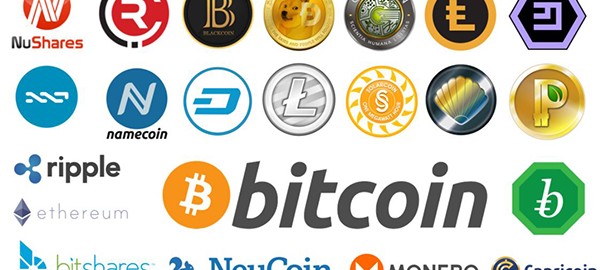In December 2017, Bitcoin reached just over $19,000 per coin, its highest all time value. After a brief, precipitous decline to $7,000, the world’s most popular cryptocurrency is now making its way up around $10,400 as of February 26th, 2018.
If last year was any indication, 2018 will prove to be a major year in the further development and stabilization of cryptocurrencies. Here are the top trends to look out for in 2018:
THE TRANSACTION PROBLEM
Slow transaction times and high transaction fees plagued Bitcoin in 2017. According to CoinMetrics, fees started 2017 averaging $0.30 per transaction and eventually peaked at over $40 in December. Bitcoin will implement several potential enhancements to its system designed to lower transaction fees in 2018.
SEGREGATED WITNESS PROTOCOL
The Segregated Witness protocol was first activated in August 2017. It is an upgrade to the Bitcoin protocol replacing Bitcoin’s block size and weight limit to allow for increased transactions and lower transaction fees. While adoption has been off to a slow start, 2018 should see many more wallets and marketplaces adopting the SegWit protocol, including Coinbase, who recently announced they have finished testing SegWit and begun implementing it for customers.
LIGHTNING NETWORK
First proposed by Joseph Poon and Thaddeos Dryja in January 2016, the lightning network is an overlay network which could enable long-term scalability and near-free transactions for Bitcoin. After two years of development by ACINQ, Blockstream and Lightning Labs, the Lightning Network should find more adoption in 2018.
RIPPLE ON THE RISE
Among our top Cryptocurrencies to watch out for in 2018, we featured Ripple. Ripple has gained traction and value fast in 2018. Recently, Western Union revealed they have been testing the Ripple blockchain for cross-border payments. Ripple currently offers two main payment products for banks: xCurrent and xRapid. Over 100 banking clients are testing xCurrent, which does not use the Ripple coin. Western Union’s announcement makes them the fifth customer to test xRapid.
Ripple has always catered to banks. Ripple’s consensus protocol makes it more scalable than other major cryptocurrencies. While Bitcoin can process seven transactions per second, Ripple can process up to 1500 transactions in the same second. Ripple’s network is designed to trade any asset with any other asset. If Ripple can entrench itself as a payment processor for banks, its value may shoot way up in 2018.
REGULATION, REGULATION, REGULATION
Anybody with significant money invested into cryptocurrencies knows that perhaps the biggest threat facing cryptocurrency is government regulation. While the US has not instituted regulations, South Korea recently created a ban on anonymous accounts. Governments all over the world are still in the process of developing regulatory measures. These regulatory decisions can make or break the future of cryptocurrencies.
Check out Bitcoin Magazine’s comprehensive rundown on how countries are regulating cryptocurrency across the globe.
WATCH FOR ALT-COINS
With cryptocurrency fervor at an all-time high, 2018 will no doubt see many new players enter the cryptocurrency game as well as current players making big moves. With over 1,300 alt-coins on the market right now, understanding how to properly research a coin is key. Below, check out our brief guide for evaluating a new cryptocurrency:
- THE TEAM: While Satoshi Nakamoto may have chosen to remain anonymous, many other cryptocurrencies are prioritizing transparency. By examining the team behind a cryptocurrency, investors can determine how serious a cryptocurrency really is. For example, having Steven Seagal as a brand ambassador does not contribute any value to a cryptocurrency whatsoever. On the other hand, knowing that Litecoin’s creator Charlie Lee is an engineer at Coinbase only further validates our belief in Litecoin’s capacity for growth.
- THE “WHY?”: What is it about a specific cryptocurrency that will ensure it will retain its value and significance in the long run? Bitcoin is the original and most popular cryptocurrency. Ethereum automates smart-contracts. Litecoin and Bitcoin Cash are designed for commerce. Ripple is attempting to establish itself with banks as a lightning quick transaction network. Many coins don’t offer any real long-term value. It’s vital to understand the key benefit of a coin in making the decision to invest.
- THE “WHEN”: How far along is the cryptocurrency in the development process? Is there an ICO? Are new features being released? Coins come and go, so it’s best to invest in coins with solid long term plans.
CONCLUSION
After a landmark 2017, all eyes are on cryptocurrencies in 2018 to see if they can sustain their growth or if it will prove to be a bubble soon to burst. It is an exciting time to be a wise investor!


